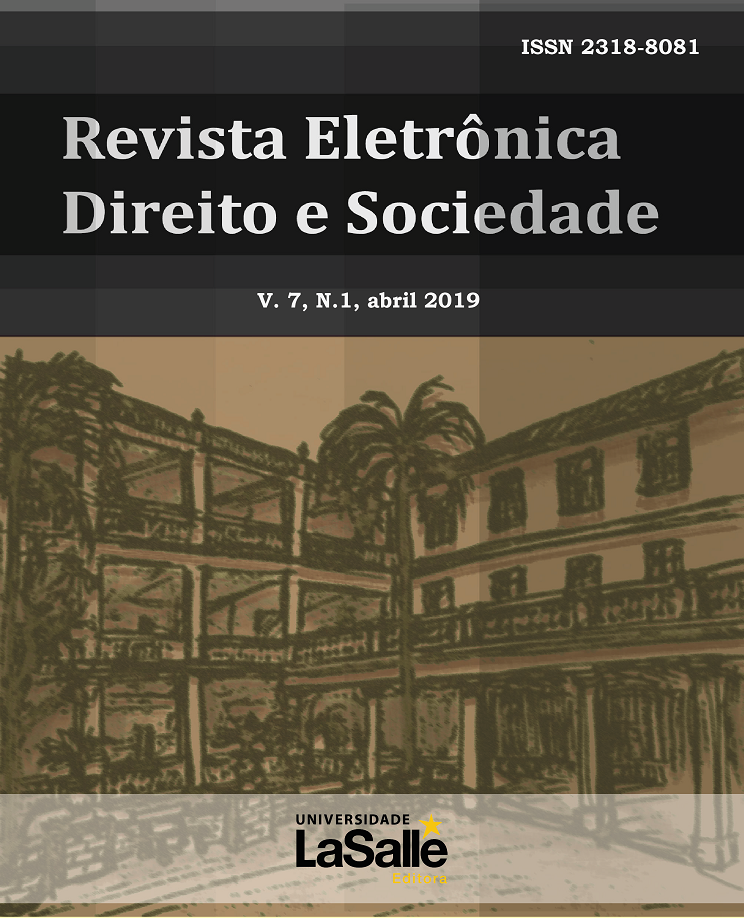A new ethical conception sustainability through deep ecology principles
DOI:
https://doi.org/10.18316/redes.v7i1.4301Keywords:
Sustainability, Environment, Deep Ecology, Environmental Rationality.Abstract
The present study had as main objective to analyze the concept of sustainability through the Deep Ecology philosophy and the theory of the environmental rationality of Enrique Leff, seeking an ethical rethink about the relationship of the human being with Nature. For this, we chose the multiple dialectical method for the analysis of the dialogue between the philosophy of Deep Ecology and Leff’s environmental rationality for the deconstruction of economic rationality. In the perspective of the environmental crisis experienced with greater emphasis in the 21st century, the human being has increasingly sought to achieve sustainable practices that lead to socioeconomic development, without, however, achieving the expected results - the preservation of the planet. The study concluded that Deep Ecology can theoretically support the environmental rationality necessary to break with the current economic model, which makes it impossible to materialize any sustainable action not geared to purely market interests, and to make feasible the construction of a new sustainability model that effectively guarantee earthly survival.Downloads
Published
Issue
Section
License
Authors who submit their manuscripts for publication in the “REDES” Magazine agree to the following terms:
The authors claim to be aware that they retain copyright by giving “REDES” the right to publish.
The authors declare to be aware that the work submitted will be licensed under the Creative Commons Non-Commercial Attribution License which allows article sharing with acknowledgment of authorship and publication in this journal.
The authors declare to be aware that by virtue of the articles published in this journal have free public access.
The authors declare, under the penalty of the law, that the text is unpublished and original and that they are aware that plagiarism has been identified, plagiarized authors will be informed - willingly, to take legal action in the civil and criminal sphere - and, plagiarists will have their access to the magazine blocked.
The authors state that - in case of co-authoring - all contributed significantly to the research.
Authors are obliged to provide retractions and (or) corrections of errors in case of detection.
The authors are obliged not to publish the text submitted to “REDES” in another electronic journal (or not).
The Electronic Journal Law and Society - REDES - is licensed under a Creative Commons License. Attribution-NonCommercial 4.0 International.Based on work available at "http://revistas.unilasalle.edu.br/index.php/redes/about/submissions#copyrightNotice".
Permissions in addition to those granted under this license may be available at http://creativecommons.org/.

